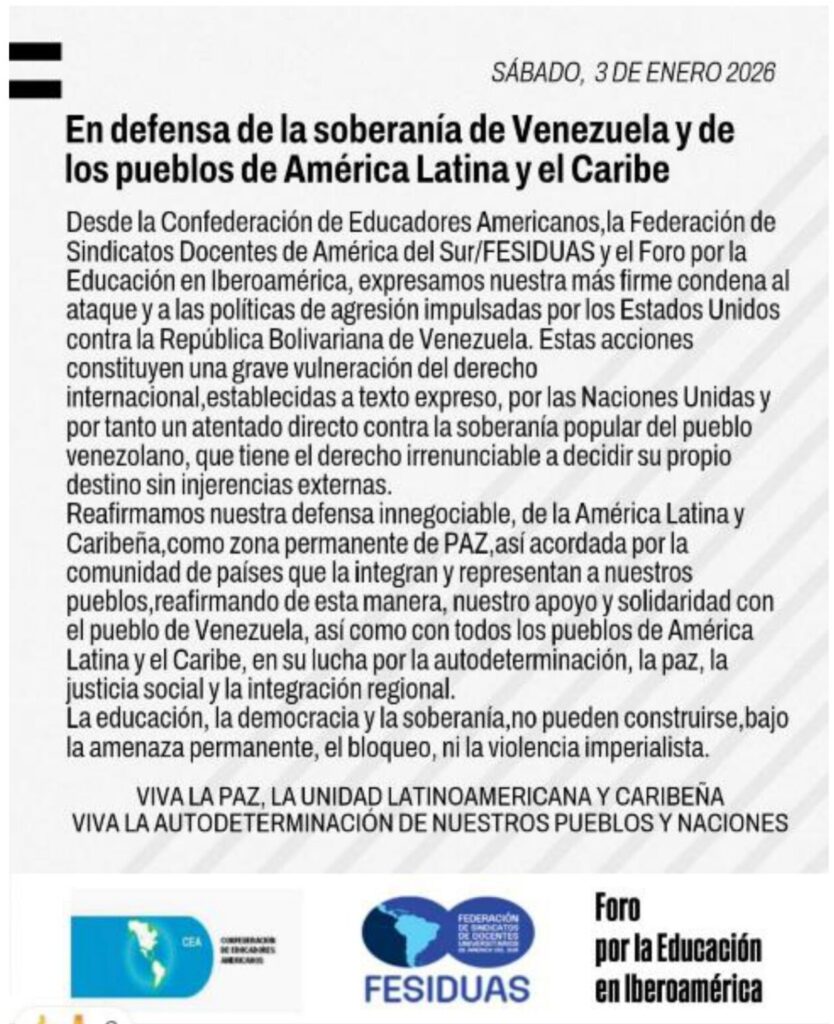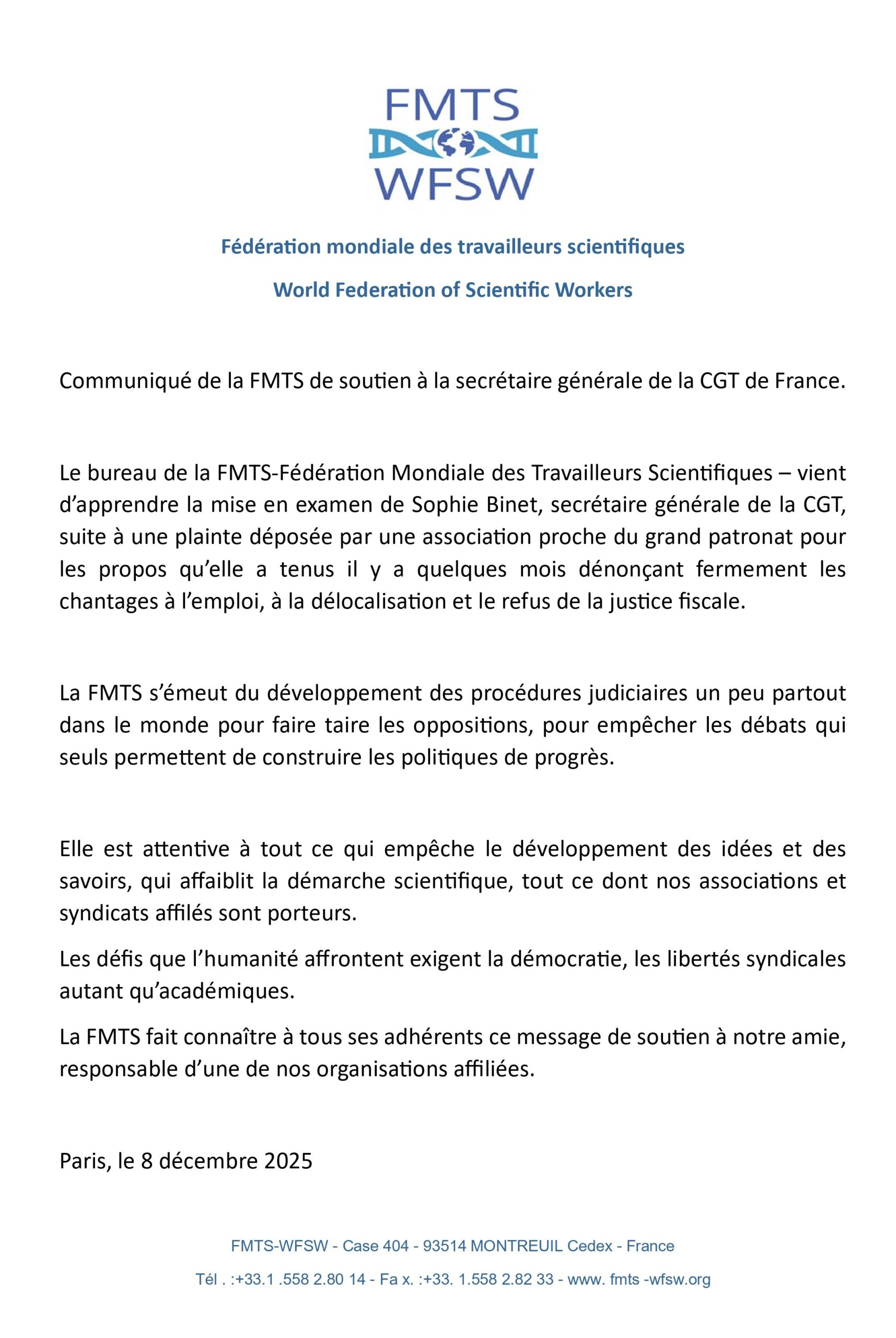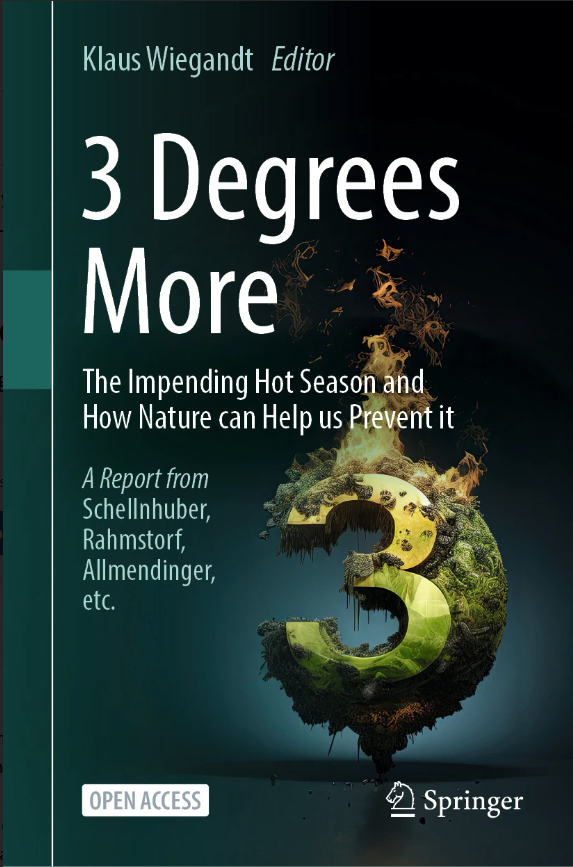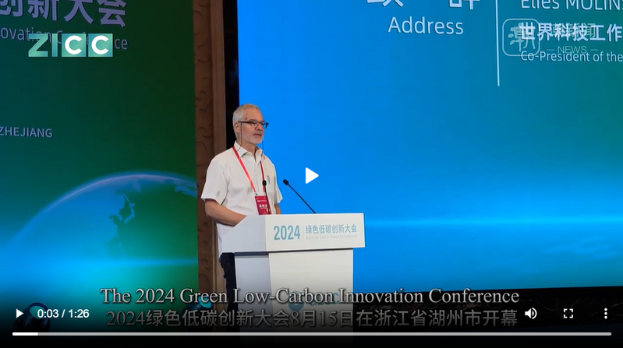Declaration Young Researchers – Évora, 2023

Declaration Young Researchers – Évora, July 2023
Young researchers often encounter significant obstacles in their career journeys, despite their valuable contributions to advancing knowledge and driving innovation across various sectors. During the 94th WFSW Executive Council meeting in Évora, Portugal, held from July 3 to 7, 2023, this issue was discussed extensively, highlighting the urgent need to provide robust support for these scientists. This support should ensure their access to stable and fulfilling careers while safeguarding their fundamental labor and social rights.
One of the most significant challenges faced by young researchers is the lack of permanent employment contracts. Instead, they often rely on grants that may not align with the roles they undertake. Furthermore, these grants frequently come with exclusivity clauses, restricting their ability to pursue other employment opportunities. In instances where contracts are offered to early-career researchers, they tend to be fixed-term, inadequately compensated, and burdened with exceedingly high production expectations. This creates an environment of immense pressure, where researchers are expected to deliver high-level results despite mediocre working conditions. To foster sustainable research and retain young talent, the provision of stable, long-term contracts is imperative.
These demanding work conditions, coupled with the hyper-productive culture prevalent in many institutions, have severe repercussions on the mental health of young researchers. This often-overlooked issue has led to numerous cases of burnout among scientific workers, affecting their personal and professional lives, sometimes irreversibly.
Additionally, researchers on short, unstable contracts frequently lack institutional support when dealing with various workplace problems, including harassment situations. Early-career researchers and fellowship recipients often endure moral, ethical, emotional, and sexual harassment without adequate resources—both legal and psychological—to report and defend themselves against such misconduct. Regrettably, precarious researchers rarely report harassment due to the fear of jeopardizing their contracts.
These problems are pervasive worldwide, with glaring examples on every continent. The WFSW, deeply committed to rectifying these issues, declares the following:
- Grants and subsidies of all kinds should be replaced with legal employment contracts that offer young researchers access to health and social security rights, legal protection, and the freedom to organize. These agreements should include regular income increases and opportunities for career advancement.
- Decision-makers must prioritize research funding, recognizing its significance for society and overall economic development. Adequate funding should be provided to ensure decent salaries and working conditions for researchers.
- Institutions should take the following actions: i) cultivate inclusive and healthy work environments, ii) provide equal opportunities for researchers to advance their careers with access to necessary resources, iii) establish robust systems to prevent and address various forms of harassment, ensuring researchers have the support they need, iv) promote peer networks, offer counseling services, and implement mentoring programs to prevent and address potential mental health issues.
The research profession stands as a pillar of social, economic, and cultural development. Therefore, the deterioration of its human and material conditions, as well as inadequate funding and a profound lack of respect for researchers, must cease. A global policy addressing these concerns is urgently required to alleviate the challenges faced by young researchers.
The WFSW reaffirms its commitment to champion the rights of young researchers and scientific workers at large. It calls upon governments and institutions to increase investments in research and make it a national priority in every country, on every continent. This involves encouraging public engagement and fostering collaboration between civil society and the world of scientific research.
Pdf document (English – French – Spanish – Portuguese): 231005 Déclaration Jeunes chercheurs FMTS 2023 vFrEnSpPt





